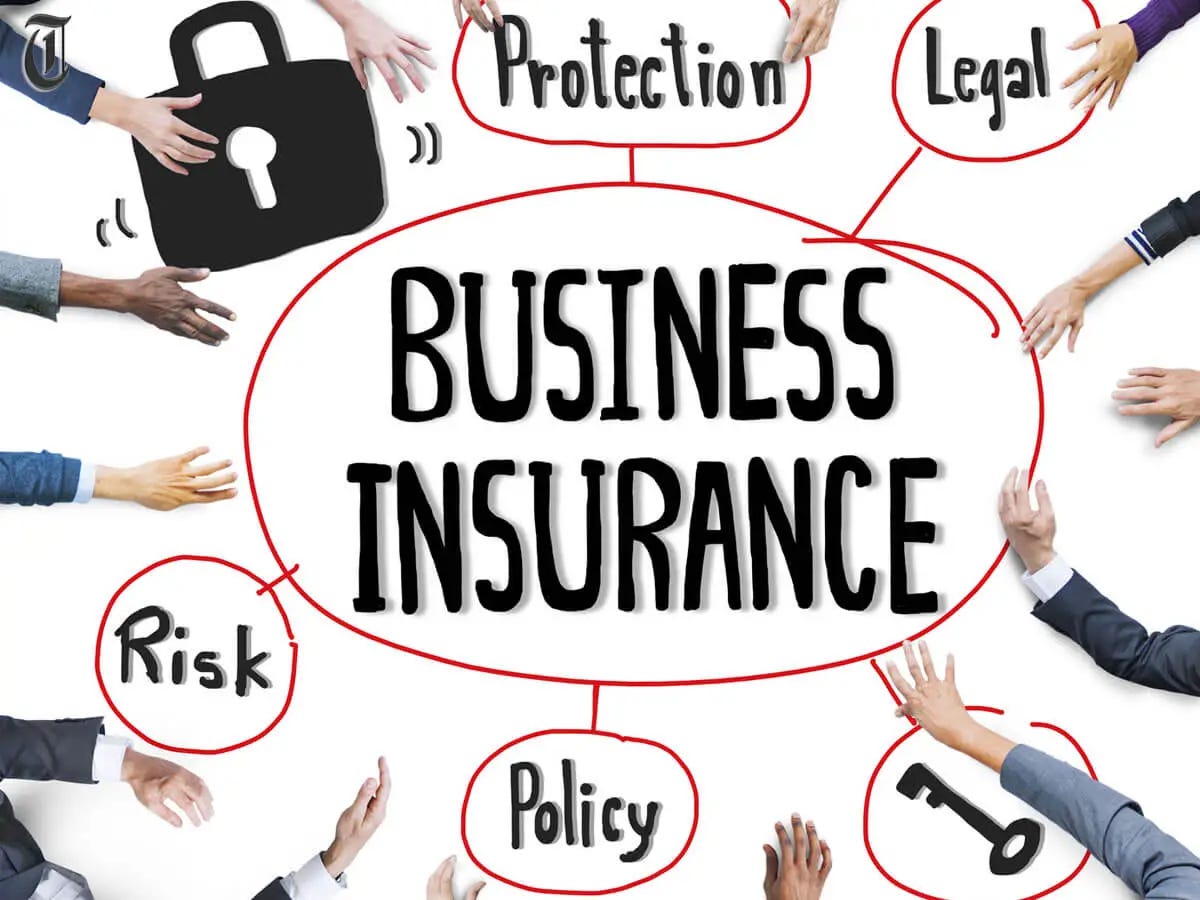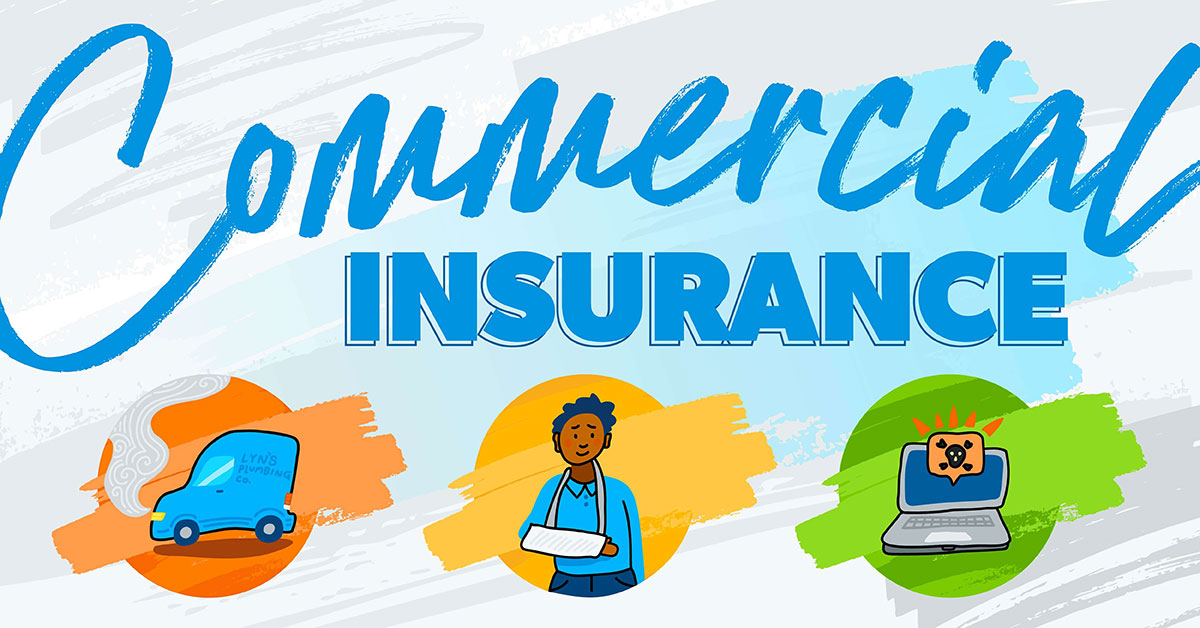Introduction
Business insurance is a financial safety net for businesses of all sizes. It protects your company from potential financial losses due to accidents, lawsuits, property damage, and other unforeseen events. By understanding the different types of business insurance and the risks they cover, you can make informed decisions to safeguard your business.
Keywords: business insurance, financial losses, accidents, lawsuits, property damage
Types of Business Insurance
There are various types of business insurance policies to protect different aspects of your business:
- General Liability Insurance: This policy covers bodily injury, property damage, and personal and advertising injury caused by your business operations.
- Property Insurance: Protects your business property, including buildings, equipment, inventory, and furniture, from losses caused by fire, theft, vandalism, and natural disasters.
- Business Interruption Insurance: Provides financial compensation for lost income when your business is unable to operate due to a covered event.
- Product Liability Insurance: Protects your business from claims arising from injuries or damages caused by your products.
- Professional Liability Insurance (Errors and Omissions Insurance): Covers claims of negligence or errors in professional services provided by your business.
- Commercial Auto Insurance: Insures your business vehicles, including liability coverage, collision, and comprehensive coverage.
- Workers’ Compensation Insurance: Provides benefits to employees injured on the job.
Keywords: general liability insurance, property insurance, business interruption insurance, product liability insurance, professional liability insurance, commercial auto insurance, workers’ compensation insurance
How Business Insurance Works
When you purchase a business insurance policy, you agree to pay regular premiums. In return, the insurance company provides coverage for specific risks. If a covered loss occurs, you file a claim with your insurance company, which will investigate the claim and determine the amount of compensation to be paid.
Keywords: business insurance policy, premiums, insurance company, claims
Factors Affecting Business Insurance Premiums
Several factors influence the cost of your Enterprise insurance premiums:
- Industry: The type of industry you are in determines the level of risk and premium.
- Business Size: Larger businesses typically have higher premiums due to increased exposure.
- Location: The geographic location of your business can affect premium rates.
- Coverage Limits: The amount of coverage you choose will impact your premium.
- Deductible: A higher deductible generally results in lower premiums.
- Claims History: Previous claims can affect your premium.
Keywords: Corporate insurance premiums, industry, business size, location, coverage limits, deductible, claims history
Choosing the Right Company insurance
Selecting the appropriate Corporate insurance coverage requires careful consideration of your business’s specific needs:
- Assess Your Risks: Identify potential risks and liabilities your business faces.
- Review Industry Standards: Determine the common insurance requirements for your industry.
- Compare Policies: Obtain quotes from multiple insurers to compare coverage and prices.
- Consult with an Insurance Agent: Seek advice from an experienced insurance agent to tailor a policy to your needs.
Keywords: Enterprise insurance coverage, business risks, industry standards, compare policies, insurance agent
Additional Considerations
- Business Owners Policy (BOP): This package policy combines general liability and property insurance for small businesses.
- Cyber Liability Insurance: Protects your business from data breaches and cyberattacks.
- Employment Practices Liability Insurance (EPLI): Covers claims related to employment practices, such as discrimination or wrongful termination.
Keywords: business owners policy, cyber liability insurance, employment practices liability insurance
Tips for Buying Corporate insurance
- Start Early: Protect your business from day one by purchasing insurance.
- Review Coverage Regularly: As your business grows and changes, reassess your insurance needs.
- Understand Your Policy: Read your policy carefully to understand the coverage and exclusions.
- Maintain Good Risk Management: Implement measures to reduce risks and potential claims.
Keywords: Enterprise insurance, start early, review coverage, understand policy, risk management
Conclusion
Company insurance is an essential tool for protecting your company’s financial well-being. By carefully selecting the right coverage and understanding the factors that affect premiums, you can mitigate risks and focus on growing your business.
Keywords: Business coverage, financial well-being, risk management
Related Resources:





